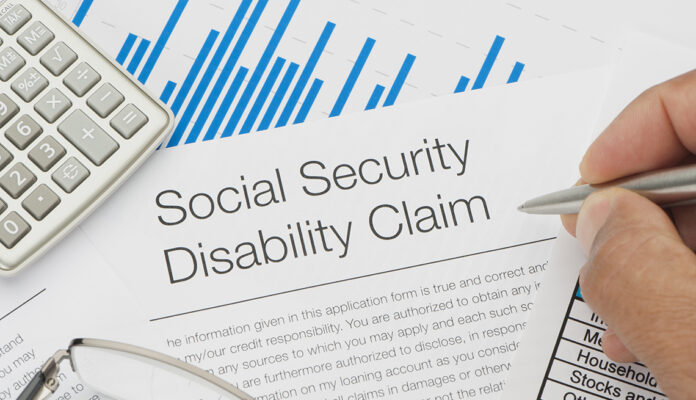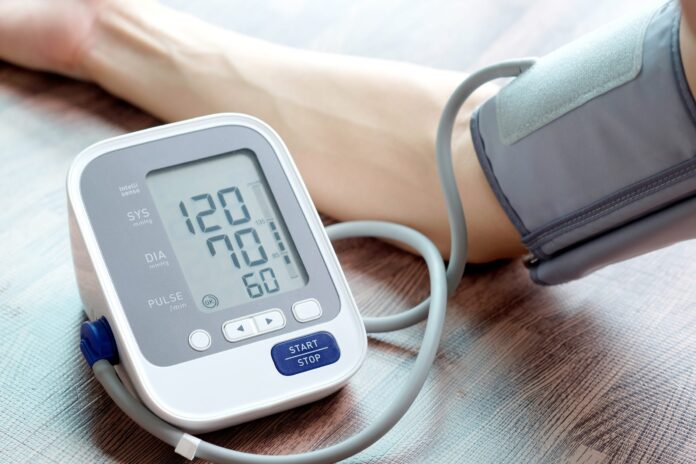The social security disability administration pays out some benefits when you are unable to work because of a disability. However, the rates of claimants who successfully get approved for the benefits have remained slim. Reports by the social security disability administration say that about 50% of the annual filed claims are denied. That is the reality.
Several missteps can lead to the denial of your social security disability (SSD) claim, including:
- Waiting for too long before filing the claim.
- Failing to meet the definition of disability according to the social security disability act.
- Submitting insufficient information or false documents to back up the claim.
- Failure to meet the 60day appeal deadline after the initial application denial.
- Failure to provide sufficient medical reports to prove the disability etc.
Engaging a social security disability attorney is advisable when filing the claim to help you gather all the required documents and evidence to back it up. According to expert lawyers from rbrlawfirm.com, successfully filing for a social security disability claim can be daunting, but having a lawyer increases your odds of success. That said, here is a social security disability claim guide you can use.
Gather as many medical records as possible

Every lawyer will tell you for free that social security disability claims are won on sufficient medical evidence. Therefore it is advisable to gather all the necessary medical records before filing your claim. In some cases, the SSA can request the medical records directly from the physician’s office, but the doctor may not gather them all since they are overwhelmed with a lot of hospital tasks. Fortunately, you can request and organize the medical records yourself.
You should gather as many medical records as possible to prove your claim and increase your chances of a successful one. How long you take to compile the medical reports depends on your situation as a claimant. Even after filing the claim, you should continue collecting other medical records and ensure you include all the health practitioners you have seen, even if they don’t seem necessary to your case. Most importantly, you want SSD to have a clear picture of your disability from the very start.
Visit the doctor regularly
Close examinants of your social security disability claim also want to see that you have received regular medical care supporting your disability. Accurate and sufficient medical records can establish the severity of your condition and how it has impacted your abilities, including your ability to work.
Keep in mind that the physician’s opinions about your limitations regarding the condition can make or break the claim. 28% of social security disability claims are denied because the impairment or disability is considered not severe, and 31% are dismissed because the claimant is considered able to do other kinds of work.
Ensure a complete application

Luckily the SSA has a list of requirements you can print out and see what information you may be missing out on before filing your application. Besides providing your personal information in the application, you should also be prepared to answer questions about your health. You must provide extensive information regarding your medical condition, hospitals, and healthcare providers you have visited. You will also need to share your job history for the last 15years, your educational background, and other qualifications to ensure a complete SSD claim application.
Carefully navigate income possibilities.
For you to be eligible for social security disability benefits, you must have a disability that deters you from engaging in substantial gainful activities, which is any work earning you more than $1130 per month. When applying for the claim, you cannot be engaging in any income activities because the claim says you have lost your ability to work.
One of the missteps many claimants make is working full time until they decide to file the claim, and doing so undermines the claim that the disability or condition prevents you from working.
Avoid collecting unemployment benefits
Collecting unemployment benefits can impact the success of your SSD claim. It is like telling unemployment that you are willing to work but telling social security disability administration that you cannot work. In such a case, you must be ready to explain to the social security administration how the circumstances have changed.
Keep monitoring the status of your claim

The social security disability administrations deal with thousands of claimants every year. You may deserve the benefits, but you are among many people who also seek the same benefits. Therefore it so advisable to stay in contact with SSA to monitor the status of your claim.
Thankfully, you can always contact a claims representative and ask about the status of your claim. Ensure you keep the contact information and name of the representative you speak with at any particular moment. Monitoring the status of your claim ensures you do not miss any critical deadlines.
Follow up on all the treatment recommendations
You should retain a close relationship with your physician and follow up on all the treatment recommendations. You should take medications as required, attend all the necessary treatment appointments and initiate any lifestyle changes needed for your treatment to take effect. This also works to benefit your claim in that SSD will see that you are doing everything to improve your condition.
Engage a disability lawyer
Engaging a social security disability lawyer increases the chances of a successful claim. A lawyer can review the SSD requirements, compare them to the evidence you have, and determine if it is sufficient for a successful claim. They can also help you with a good performance during the hearing case to offer you the best chances of getting the benefits.
Act on a denied claim as soon as possible

You should anticipate a denied claim and work on it within two months. The appeal process may be daunting, but you can earn retroactive benefits based on the initial claim if your claim is eventually approved.
Conclusion
Always be proactive when it comes to a social security disability claim. Gather all the evidence, file the claim early, follow your doctor’s advice and anticipate the results of your claim to act on it immediately.









